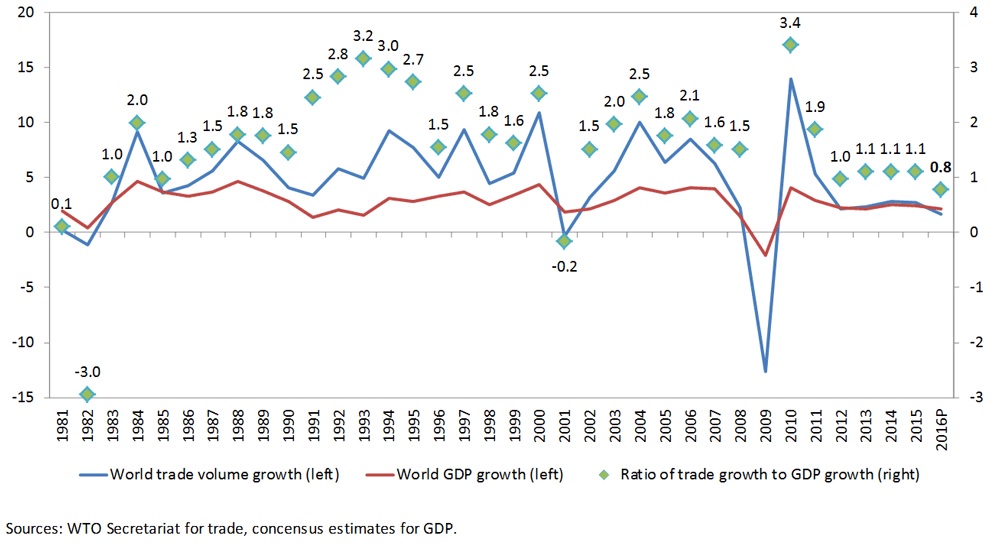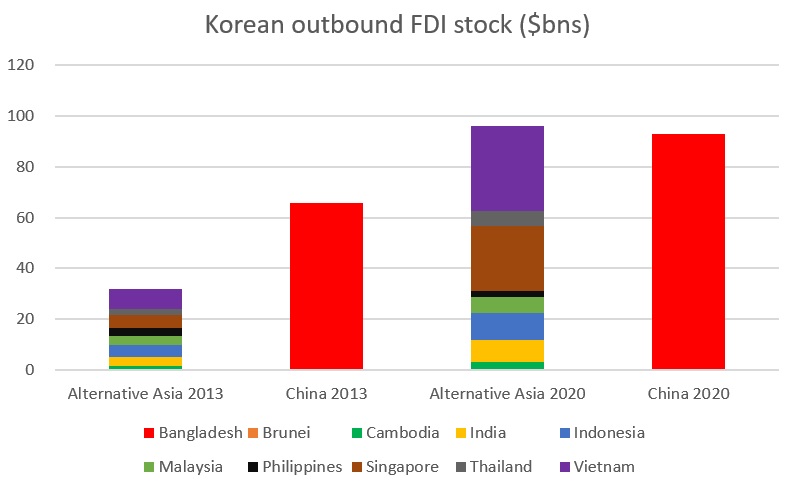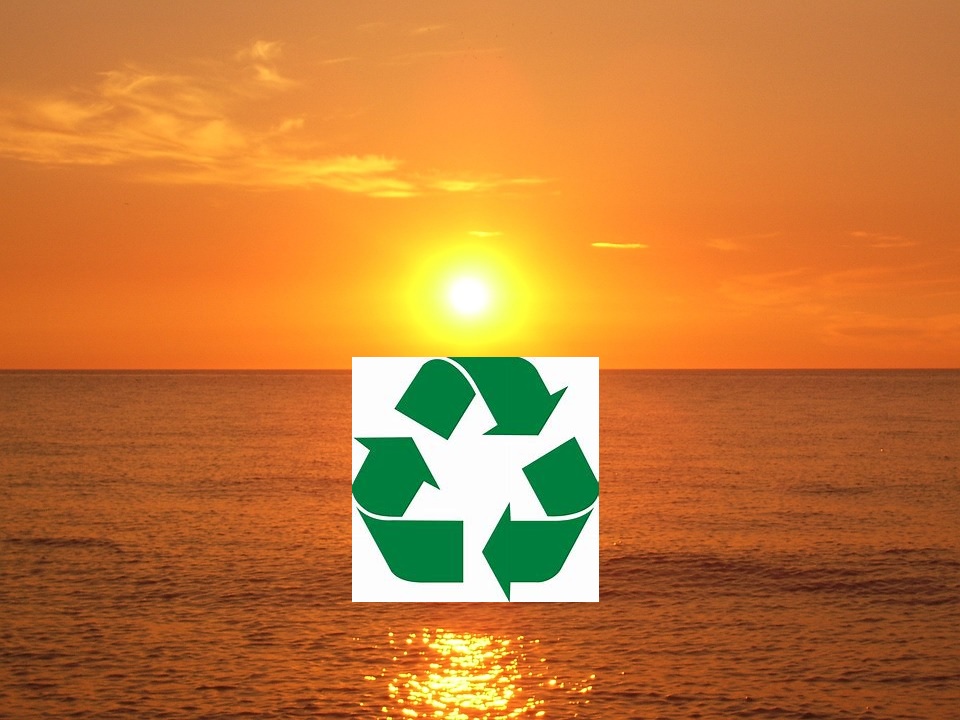Most good ideas arrive sneakily while the mind is disengaged. Our brain and body were very relaxed while we were in Arizona last week attending baseball spring training. It is impossible not to be relaxed when watching baseball and eating good meals out in the desert. Perhaps this trip is our equivalent of Burning Man, though we admit suggesting this is so nerdy that it may impel the type that attends Burning Man to light themselves on fire.
The good idea that revealed itself to us in the desert is that if we were able to do our life all over again we would have commissioned a musician to write us a theme song that would play whenever we entered a room. Of course, when we were young this would have necessitated carrying around a large boom box like Radio Raheem in Do The Right Thing. Nowadays we need merely carry our smartphone with us. As we pondered this idea some more, quite possibly with a beer in hand and our beloved Seattle Mariners practicing for their upcoming World Series winning season in our eyes, we determined we’d want our theme song to be modeled on 1970s TV show theme music. Kind of funky, undoubtedly including horns, upbeat and swinging. Should it be more Barney Miller, The Rockford Files or Good Times? Or should we go more modern and use something akin to Parks and Rec? Maybe dramatic symphonic music like Succession?
Clearly we need to fly back to Arizona to watch more baseball, drink more beer and eat more food to determine exactly the kind of theme music we want commissioned. Until then we explain globalization is changing not dying, examine Australian efforts to recycle solar panels and reveal one organization’s attempt to measure the U.S.-China Competition of Competence. It’s this week’s International Need to Know, able to hit the breaking balls of international information and data.
We are alas not returning to Spring Training but will nonetheless be off next week. International Need to Know will return on March 23rd
Without further ado, here’s what you need to know.
Globalization is Not Dead But Changing
We deem ourselves the foremost protector of globalization—both the idea it is a net positive in our world and that it has not died. On the latter, too many conflate globalization with international merchandise trade. Trade is only one leg of the globalization table. But because international trade growth no longer increases faster than GDP growth as the first chart below shows, people portend the end of globalization. What is actually happening is global supply chains are changing. More stuff is being produced outside of China than previously. This will likely continue as evidenced by the second chart below: over the last ten years, South Korea has transformed from investing more in China than in ASEAN countries plus India to now doing the reverse. Depending on what happens with China politically, that will continue. Financial flows are the second leg of the globalization table. More investment by companies such as Samsung in India, Indonesia and Vietnam will lead to more trade in and from those countries. A shifting of international trade partners is not an end to globalization. The third leg of globalization is the exchange of ideas. For a great example of this, view the video below of Vietnamese singer Hoang Thuy Linh. The song and video went viral after someone mashed together BTS dancing to a sped up version of the song. Globalization is just getting started, not ending, and it leads to lots of cool stuff. It’s a good table.
Recycling Renewables
Our neighbor is getting estimates to replace his roof. We wonder if while doing so he’ll also install solar panels since it now pencils out to do so when replacing a roof, even here in rainy Seattle. In sunny Arizona, where we were last week, lots of houses and buildings have solar panels. One downside of solar panels (there are tradeoffs in every single aspect of life—no utopia exists in our world) is that they are not recyclable. Once they reach the end of their life, they are tossed into landfills. But Euronews informs us that some Australian scientists are working to change that. Researchers at Deakin University in Melbourne have “developed a new thermal and chemical technique to extract silicon from the obsolete panels.” The process would allow the silicon to be used in battery anodes and in other products. And apparently the process to do so is non-polluting. The future will be even brighter if this comes to fruition.
China Corner: Who Leads in Technology
The Competition of Competence between China and the U.S. (and other liberalized countries) continues as does the attempt to measure who is winning. Technology is one of the main battlefields or ballparks or playgrounds (come up with your own lame metaphor, we can’t do all the work around here) of the competition. According to the thinktank the Australian Strategic Policy Institute (if we ever start a thinktank it will refuse to use the word “strategic” but will likely include the word “whimsical”*), China is winning the competition. Over the last year, the ASPI tracked 44 different technologies and assessed that China leads in 37 of them. Its Critical Technology Tracker finds that “for some technologies, all of the world’s top 10 leading research institutions are based in China and are collectively generating nine times more high-impact research papers than the second-ranked country (most often the US).” The U.S. is in the lead in semiconductors and vaccines, for example, but China leads in everything from hypersonic missiles (ASPI is a defense-oriented think tank), nanoscale materials and synthetic biology to name just a few of the 37. How accurate this tracker is we have not yet assessed. But certainly this is one of the areas of competition of competence to keep an eye on. And worryingly, this assessment shows that mostly the two competitors in technology are China and the U.S. It would be better for the world if Europe, Japan, South Korea and others were in this technology part of the competition.
*The International Center for Whimsy, Fun and Chaos comes to mind




